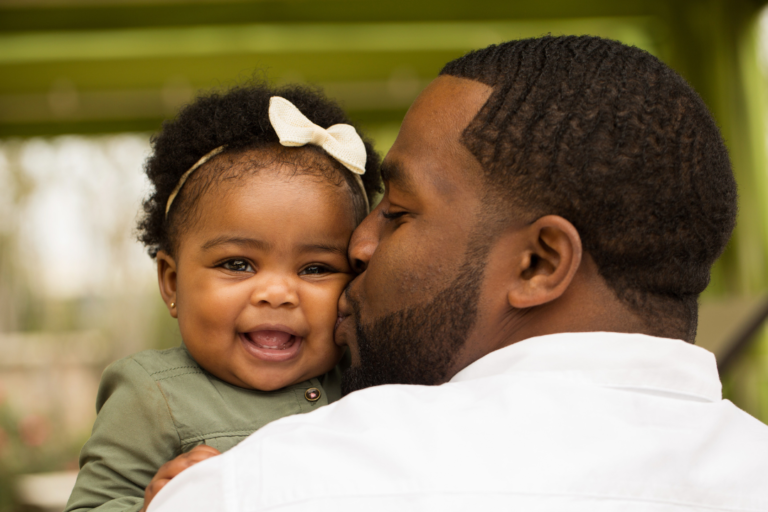Adjusting to motherhood arguably does come naturally, but not necessarily easily. Here’s my story of becoming a mother for the first time.
I recall the weeks after my first baby was born like it was yesterday. The strength of emotions was unlike anything I had experienced before and they are etched in my mind.
On day 3, I was an inconsolable mess. I cried for no reason and for every reason. My milk had not come in and I felt terrified that I would not be able to breastfeed. My perfect newborn was subjected to the pain of circumcision – a decision I was torn about. I was also terrified of being sent home. How could they send me away with such a huge responsibility? Would my baby survive?
Adjusting to motherhood after the honeymoon period was over was another challenge.
The overwhelm of adjusting to motherhood
Around a month into motherhood, I experienced a dramatic, almost physical depression between 6 and 9pm every night for about a week. I could feel it come on. I would feel the darkness and despair descend over my consciousness.
I was beyond teary. I didn’t want to eat. All I could think about was how I was going to get through the night. I was in a deep, dark despair. My mother was amazing. I would verbalise the emotion and she would make me eat something and put me to bed, telling me I would be alright and we would survive the night. This experience was so distinct and unlike any I have had before or since. I am sure it was hormonal but certainly also psychological.
The first 6 months
In the first six months, I loved my boy and embraced motherhood. But I experienced intense anxiety about every decision I made. I was worried I didn’t have enough milk. I felt lonely but often too irritable to be around people. I was preoccupied with James and wanted to be with him all the time but often felt like I could run away. I resented the fact that my husband could escape to work. I was so tired that I was often tearful.
Reading this and looking back, it would be easy to think I had PND. In reality, I think I had a more universal, pervasive difficulty – Maternal Adjustment Condition.
Adjusting to a new baby and all that goes with becoming a mother is a huge shift for most women. It does not mean you have PND. It means that you are experiencing a life shift and any shift goes through chaos before order reigns again.
The difference between maternal adjustment condition & PND
If you’re experiencing any of the following thoughts, feelings or symptoms, discuss them with your doctor. There is no shame in admitting that the journey is rough and that you need support.
- If you think you cannot go on and don’t have a support base to see you through the night,
- If you want to run away and the feeling overrides your rational thoughts,
- If you are so anxious that you feel you may neglect or harm your baby,
- If you are so low you think running away or death may be an option
Even if you’re not experiencing these feelings, it always helps to talk to someone. Find someone you can be honest with about the highs and lows of parenting and know that it gets easier.




